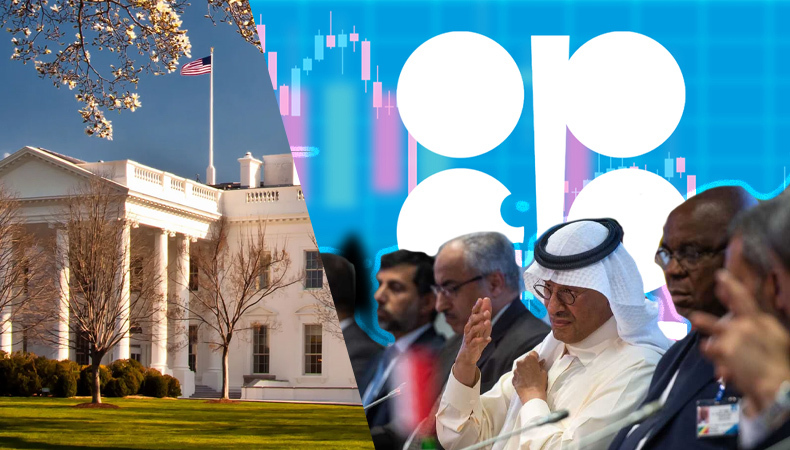White House: Saudi Arabia pushed other OPEC nations into oil cut

In an ongoing verbal battle between the two countries, the White House asserted on Thursday that Saudi Arabia forced other OPEC+ countries to restrict their output last week.
Kirby pushed back against Riyadh’s assertions that the output cut was “purely economic” in a previous statement on Thursday. “The United States furnished Saudi Arabia with an analysis demonstrating there was no market basis to drop oil production before the OPEC+ decision to cut output,” Kirby said.
Even though supplies are thought to be limited globally, the 13-member Organization of the Petroleum Exporting Countries and its allies, which include Russia, reduced their output target by 2 million barrels per day last week.
According to National Security Council spokesperson John Kirby, “more than one” OPEC member disagreed with Saudi Arabia’s desire to reduce production and felt pressured into the decision.
Read | Saudi Arabia Might Pay Heavily Over Decision To Cut Oil Production As OPEC+ Leading Member
He declared he wouldn’t name the participants so they could speak for themselves. Kirby pushed back against Riyadh’s assertions that the output cut was “purely economic” in a previous statement on Thursday. “The United States furnished Saudi Arabia with an analysis demonstrating there was no market basis to drop oil production before the OPEC+ decision to cut output,” Kirby said.
Even though supplies are thought to be limited globally, the 13-member Organization of the Petroleum Exporting Countries and its allies, which include Russia, reduced their output target by 2 million barrels per day last week.
Experts predict that just around half of such production reductions will really occur. The Saudi foreign ministry stated in a statement on Thursday that the OPEC+ decision was taken by consensus, took into account the balance of supply and demand, and was intended to reduce market volatility.
In a statement, Kirby said that reducing output would “boost Russian income and undermine the effects of sanctions” against Moscow following its invasion of Ukraine in February. “The Saudi foreign ministry might try to spin or deflect, but the facts are straightforward,” Kirby said.
After the November U.S. midterm elections, which will determine whether President Joe Biden’s Democratic party will keep control of Congress, the United States could have delayed the cut until the following OPEC conference, according to Kirby.
The production cut is the most recent indication of deteriorating US-Saudi relations since Biden assumed office.



